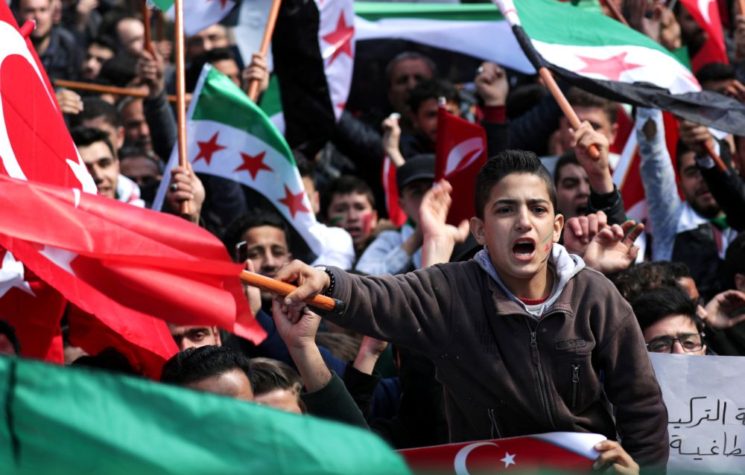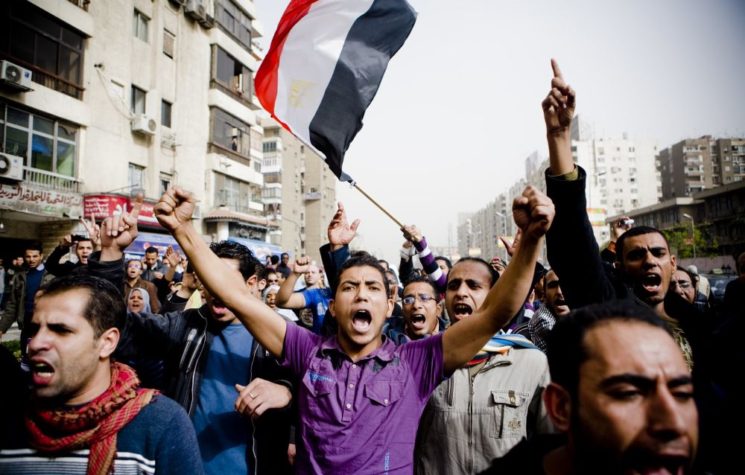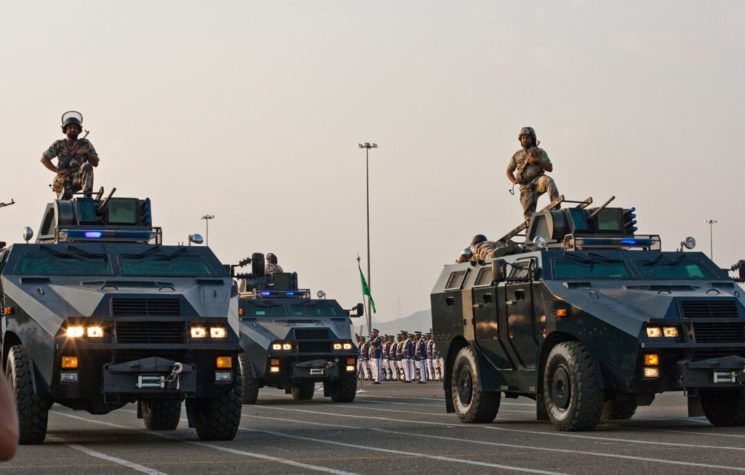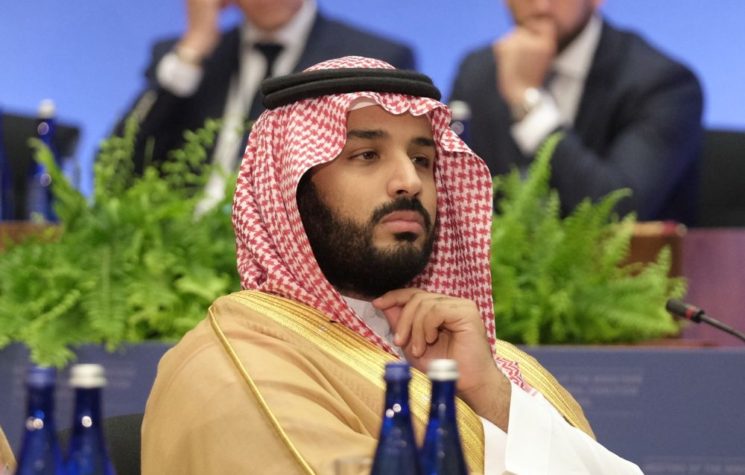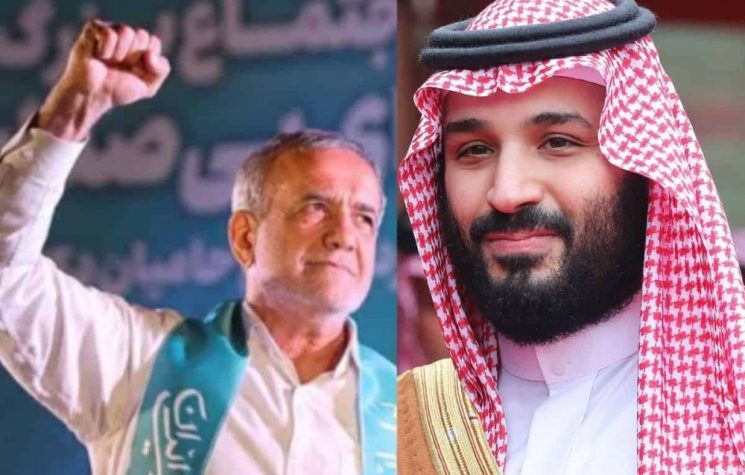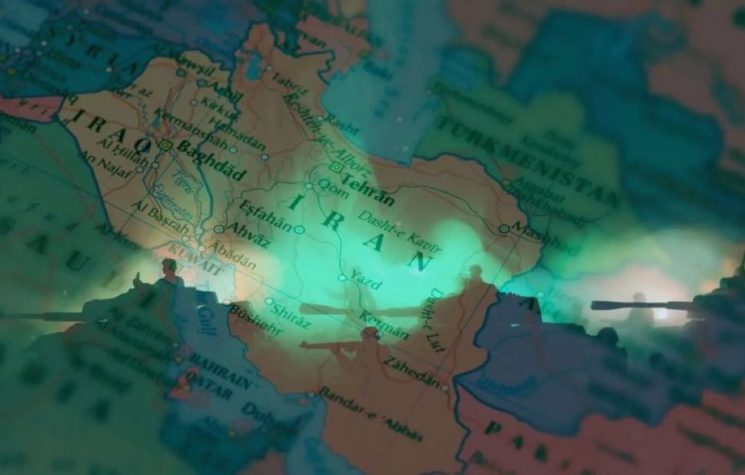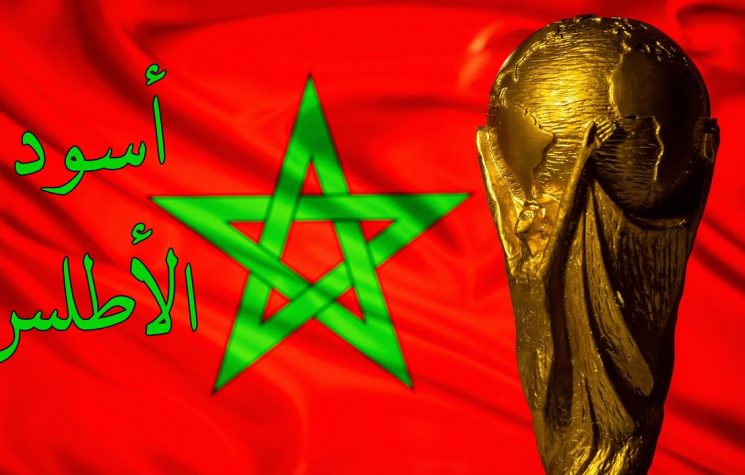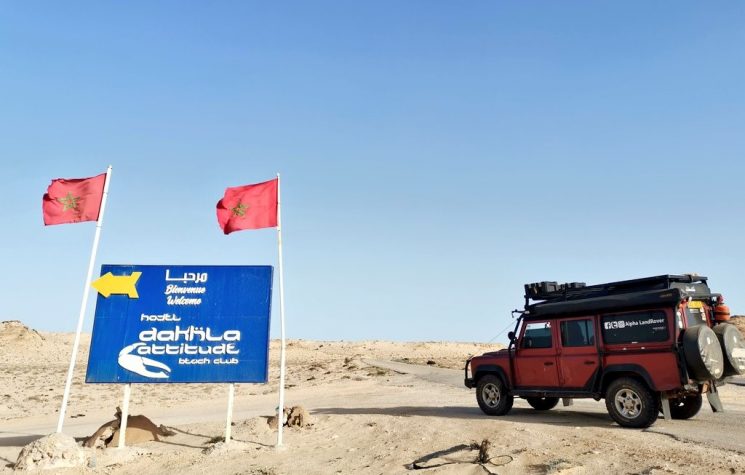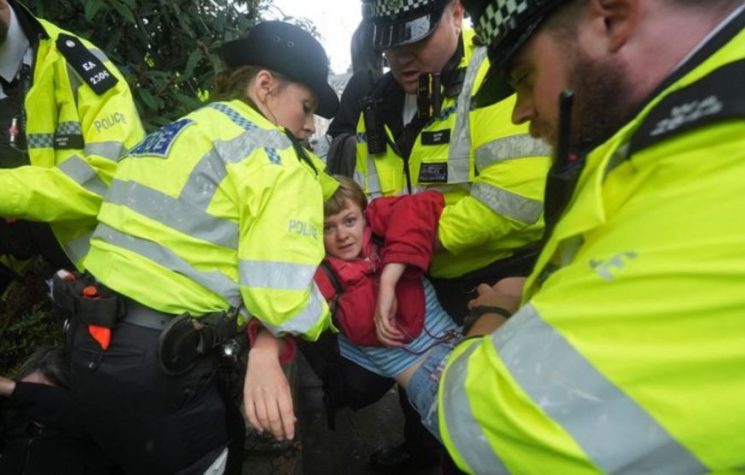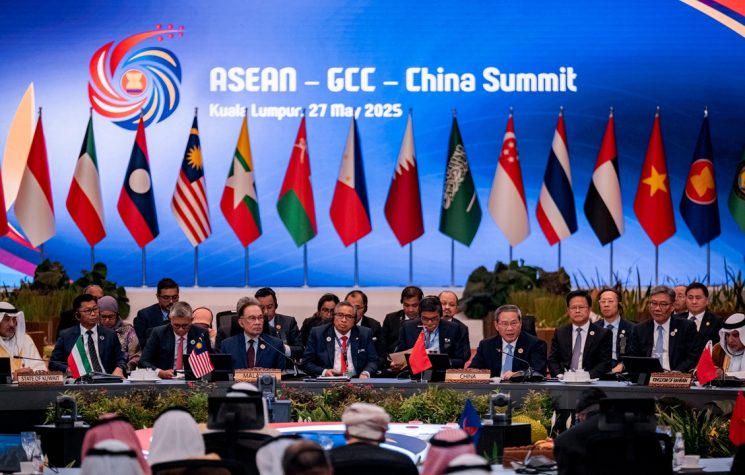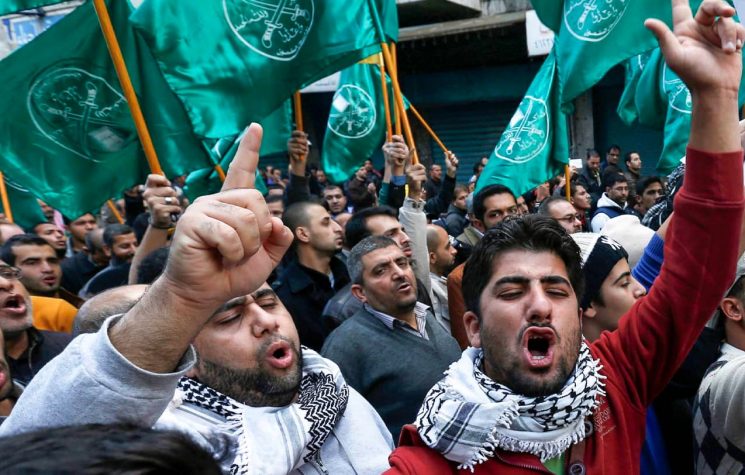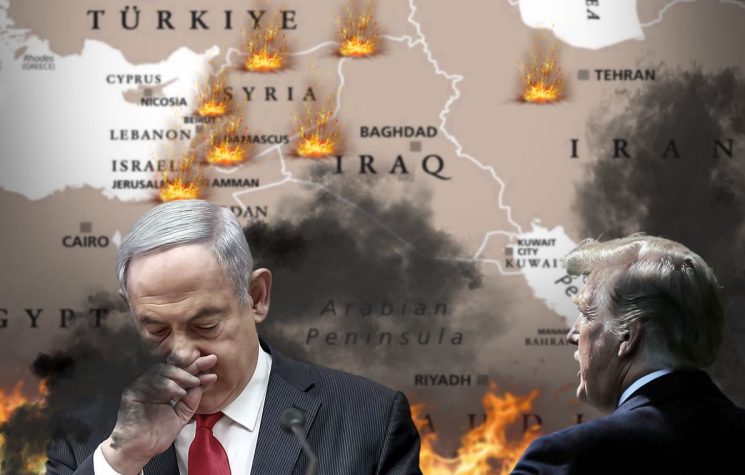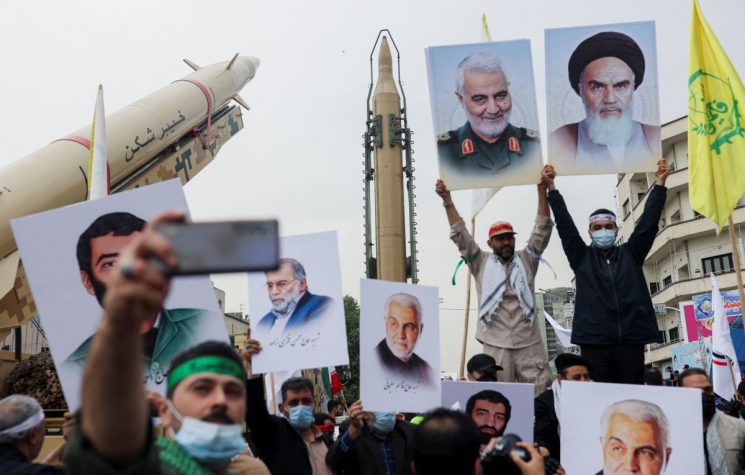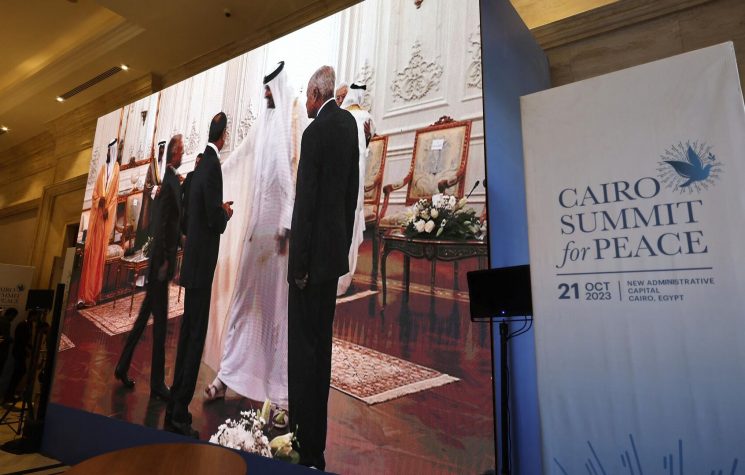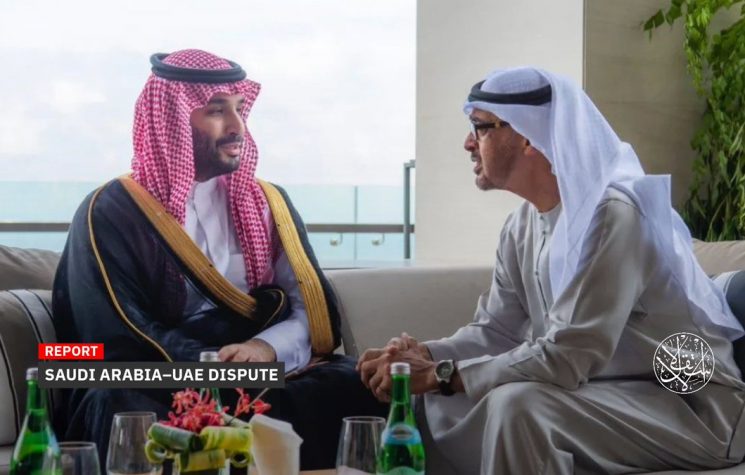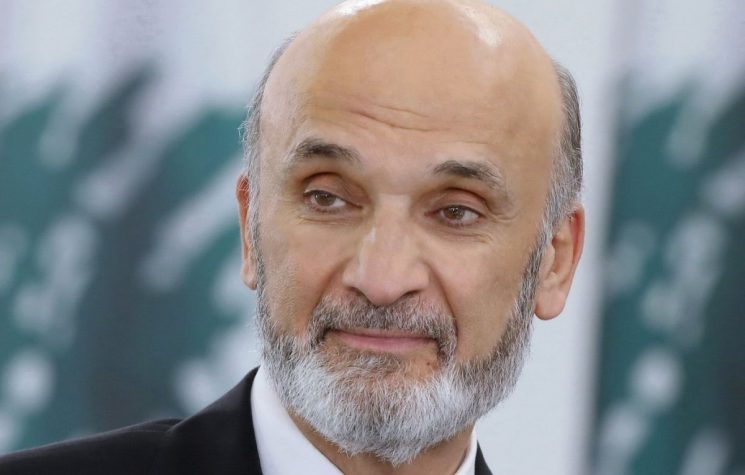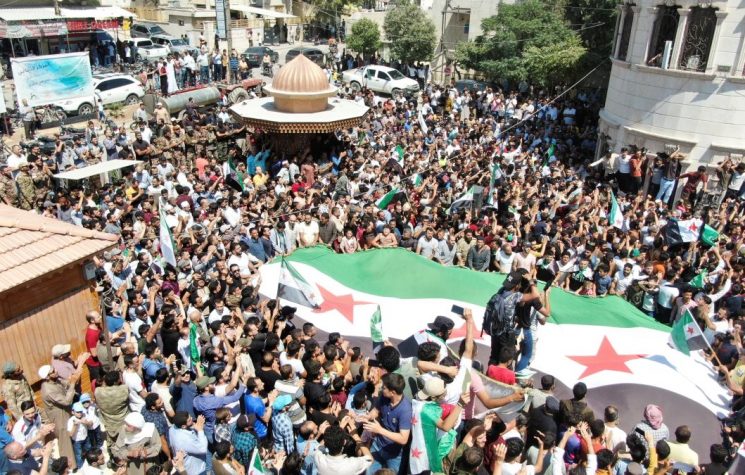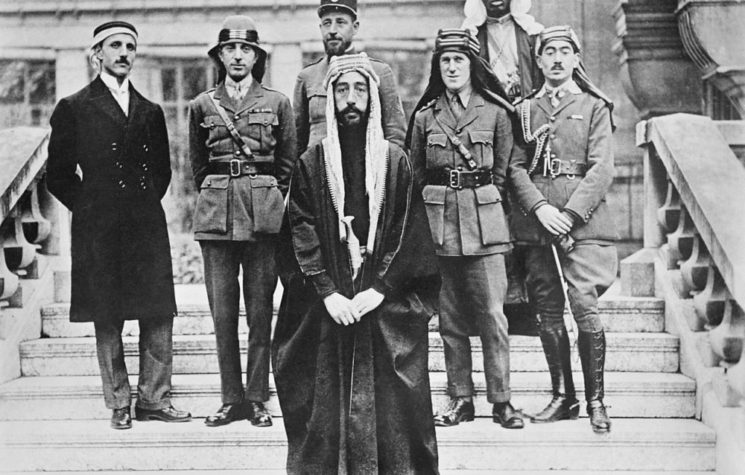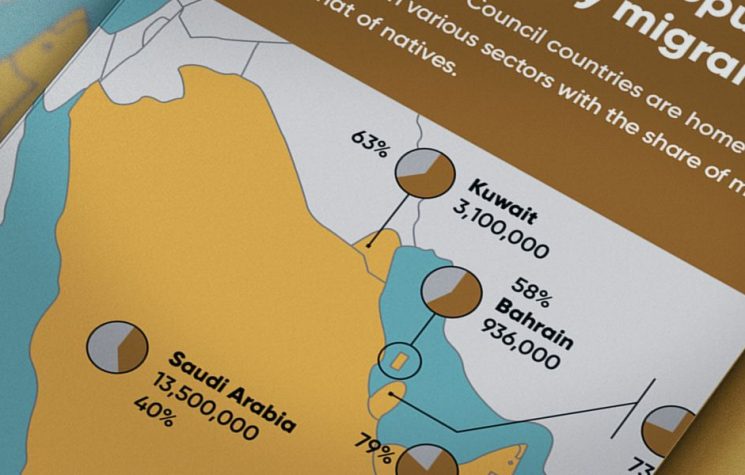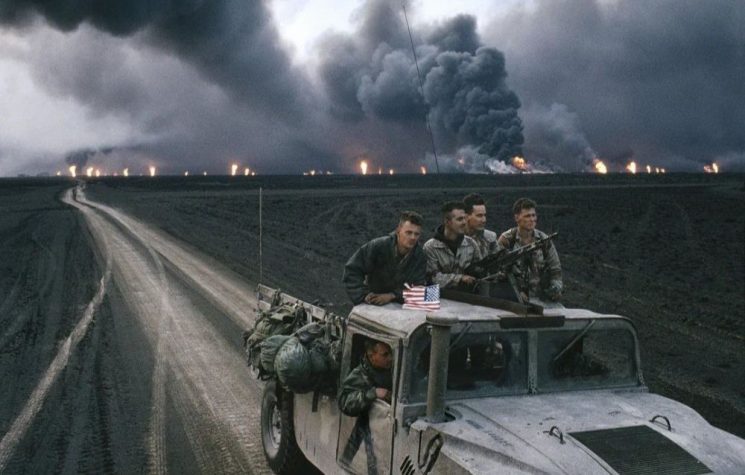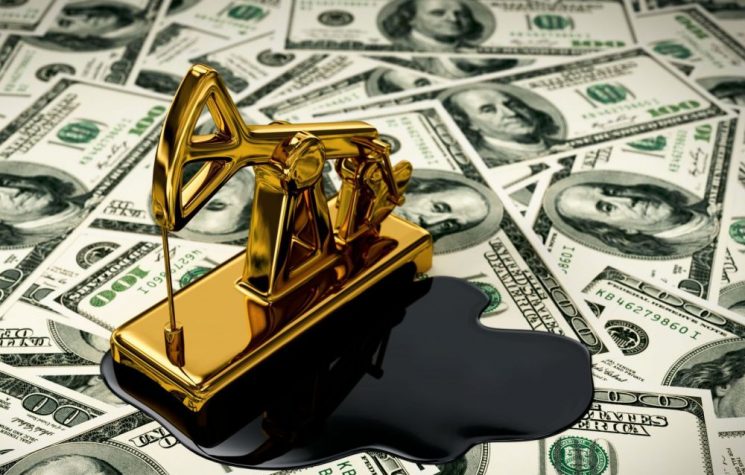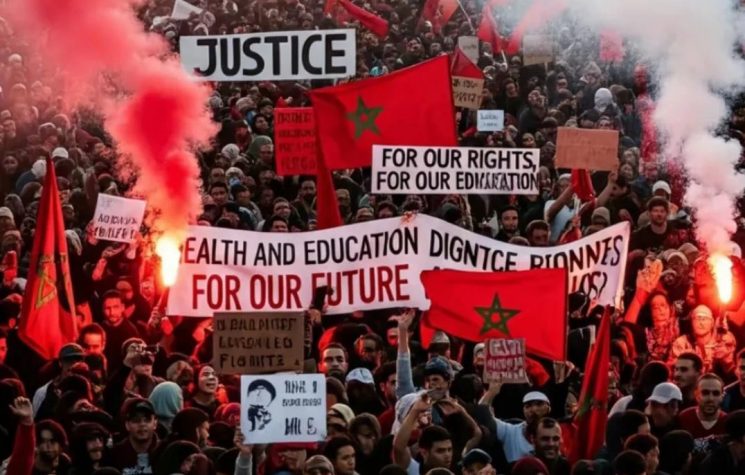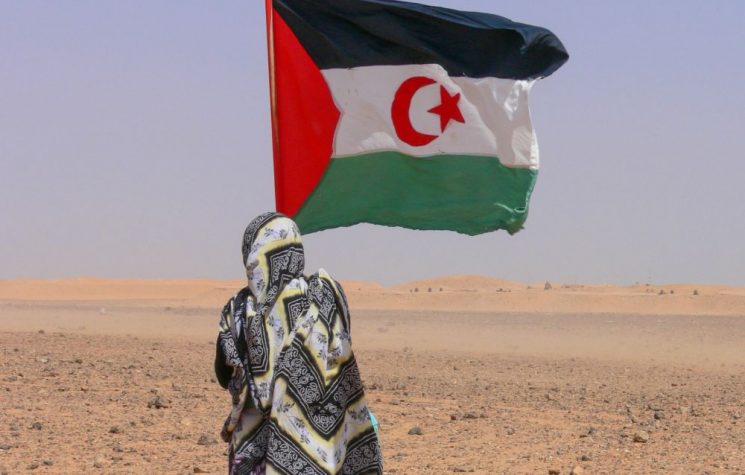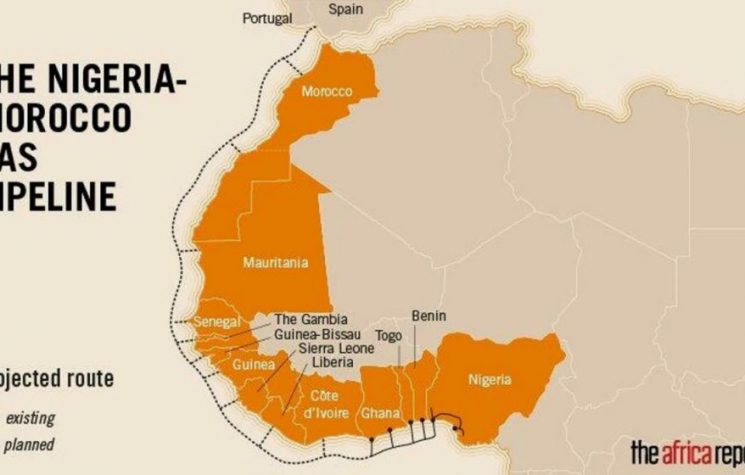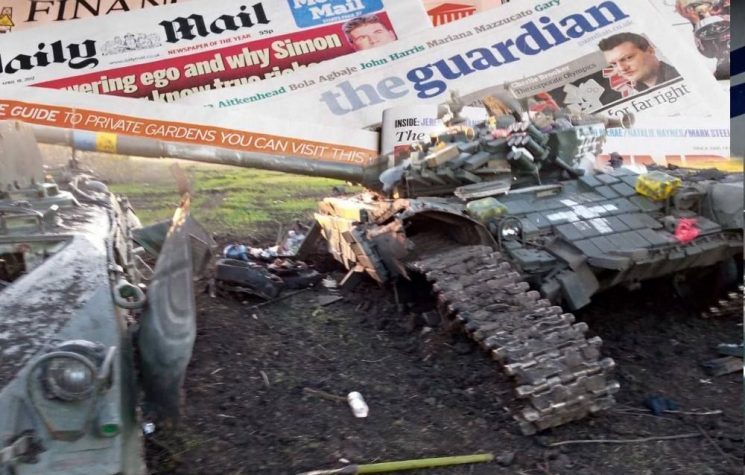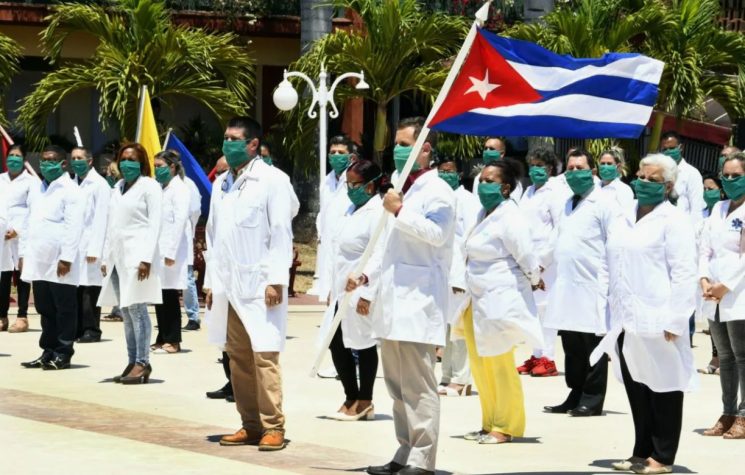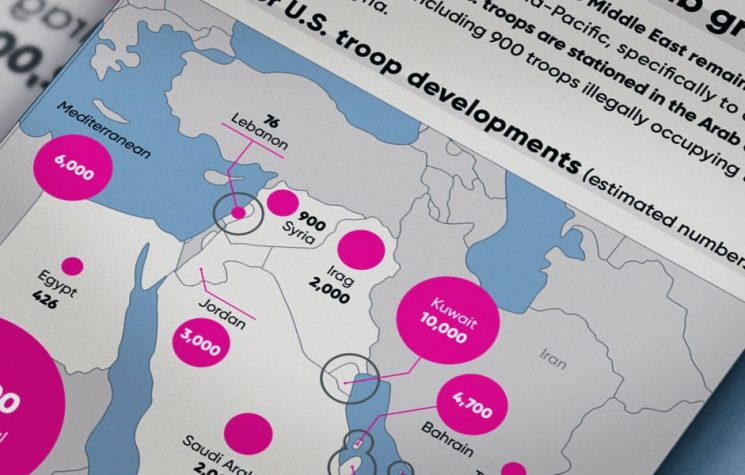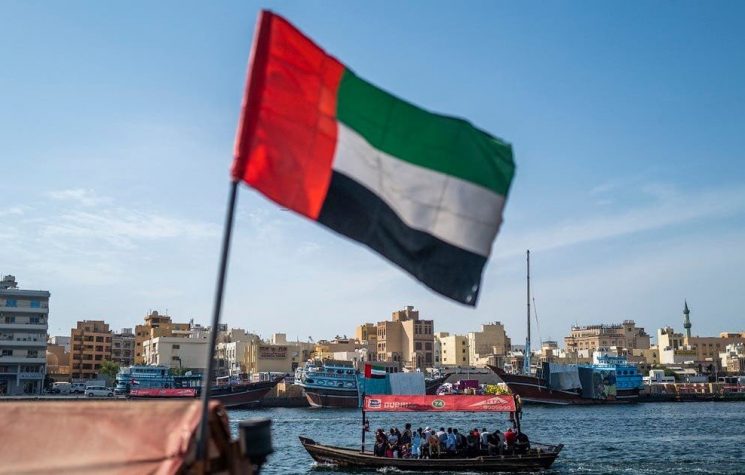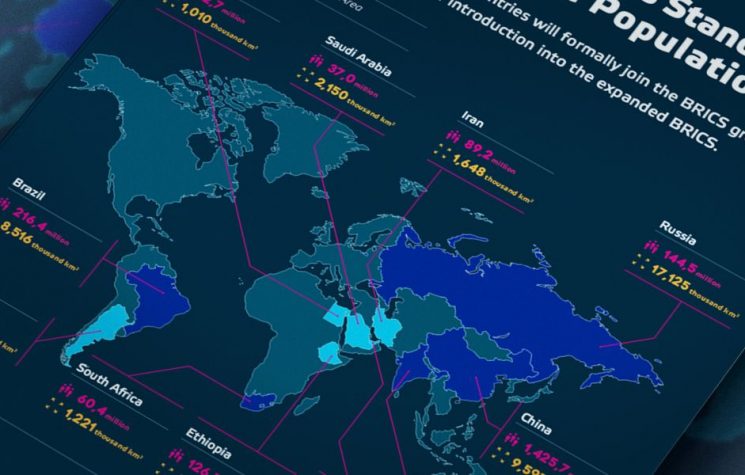Gulf Arab countries have nowhere to look for a bailout of their own private sector, like in the UAE, once the envy of the Arab world, as the banks just can’t pull it off. New friendships can flourish as underdogs like Morocco come out winners. But what about Iran?
It’s often said that the Achilles’ heel of Arab countries is their public sector infrastructure and certainly the coronavirus pandemic has demonstrated how they are vulnerable, even in much lower numbers, to being hit hard. And the link to low oil prices as Saudi Arabia calls a truce on its own price war with Russia, is also a factor, which impacts oil-rich countries even harder as OPEC+ cut its oil production by ten million barrels a day in an Easter day deal, which has steered Saudi Arabia and its GCC partners away from 25 dollars a barrel oil, at least.
Oil-producing countries in the Gulf are now facing a new crisis though linked to oil, which is that the world’s lockdowns mean that planes sit on tarmac, businesses run on tick-over (if they run at all) and billions of people stay at home and barely use their cars parked in their driveways – while the oil tankers continue to fill up and set sail.
And so, the elites of all Arab countries are taking stock of their losses after corona and looking at how to reduce their own expenditures even more for the future, which has, in turn, made them look at old relationships in a different light. And new ones.
In countries like Morocco, a country which has dreams of being an oil producer one day, there was a positive buzz in late February when rumours emerged of a new relationship with Saudi Arabia beginning. The latter was to supposed to put aside its differences and embrace Morocco and its controversial dependency, namely the Western Sahara, ahead of a visit of his Majesty Mohamed VI to Riyadh, which was put on hold when the coronavirus emerged.
For Morocco, the full lockdown reaction was swift and absolute for the business elite to protect their investment from being swept away from the virus and it appears that this Arab country will survive the knock and probably come out of it on top. Whether it can sustain better relations with Saudi Arabia, or, for that matter, the bête noir of the Gulf – as far as Rabat is concerned – the UAE is another matter, as the Saudi Royal family itself has been struck by the virus and the Emiratis have locked horns with Morocco over their differences over the Libya conflict, with no detente in sight. At home, Morocco also took advantage of the crisis to make radical decisions it would normally not make, but can execute under the guise of the ‘emergency’. A minster in Rabat was fired, thousands of political prisoners were released and the King harangued the super-rich to contribute to a fund, which he already put 200m euros into, to act as a counterweight to corona.
But the GCC countries may look at Morocco with some envy, as it being a poor country, the dollar goes a lot further; not having an economy stringently linked to oil prices, also is a bonus as is indeed is having an elite which controls most of its private sector. In Morocco’s case the elite acted swiftly to protect their own investment with little if any draw on public sector coffers or banks.
Rabat’s quick thinking, royal bailout and an EU aid package worth half a billion euros should jumpstart the economy in a few weeks and give it an edge over others in the Arab world.
In the Gulf Countries which make up the GCC, it’s a much more dramatic story, especially economically ,as state actors – and the royals who run them – are invariably part of the ownerships of private banks and so when push comes to shove, their loyalties are first to the state itself, rather than the banks. Some efforts have been made from some GCC countries to give workers relief on rent and utility bills. Qatar recently unveiled an 800m dollar plan to support its foreign workers even, but this was not followed by its neighbours who are having a harder time with the impact of corona, in particular the UAE, which just recently gave a zero percent interest loan of 13bn dollars to local banks to try and keep real estate borrowing buoyant’ although with meagre margins and a dip in both borrowing and selling, it’s considered that banks will have a tough time in the UAE in the coming months – not least because much of their assets which they use as capital adequacy, is owned by governments and so they will be reluctant to draw from it. It’s unclear how much the UAE banks are affected by state deposits but it is likely to be in the region of between 20 and 30 percent, based on its neighbours exposures (in the case of Qatar, 30% of deposits are the state itself; with Saudi Arabia it is 20%). What is clearer is that banks in GCC countries don’t have the ‘wiggle room’ to bail out businesses, which only represented between 5 and 7 percent of their total lending anyway, according to an IMF study, while the governments themselves are certainly not in a position to offer bail outs anything like Spain or the UK has in recent months.
These ripples, which have resulted from a corona outbreak (combined with an oil crisis) which has had very low impact in the UAE, in terms of numbers, will be felt long after the virus is contained and certainly the adage ‘the bigger you are, the harder you fall’ will apply in the entire Peninsular. The UAE has a total lockdown on public sector spending presently which even extends to media outlets around the world that it financially supports.
Jordan, which is not a GCC member, also has started a radical rethink towards its own oil dependency and is looking to increase its own shale oil production and look more towards gas exploration too.
But the realities of this pandemic in the Gulf region have also shaken up the geopolitics. The UAE, which has not had an ambassador in Rabat for a year due to its support for General Haftar in Libya (which Morocco entirely opposes) is also annoying its neighbours in Riyadh not to mention in Washington with its direct assistance to Iran with emergency aid to cope with the coronavirus there, which officials in Tehran are noting has improved relations no end with Dubai and Abu Dhabi. Iran is presently becoming a real thorn in the side of the Trump administration as it refused medical aid from the US and is now using an EU payment system which bypasses US sanctions, to get [buy] equipment from Europe. It’s also holding talks with Qatar and Turkey over the US move to withdraw US troops in Afghanistan, proving to still be a mover and shaker in the region as it cosies up to the Taliban in Kabul. Will Iran’s crisis with corona bring it even closer to the UAE that the latter uses its clout in Washington to ensure that Tehran keeps a distance from the Taliban? Anything is possible during this crisis.








